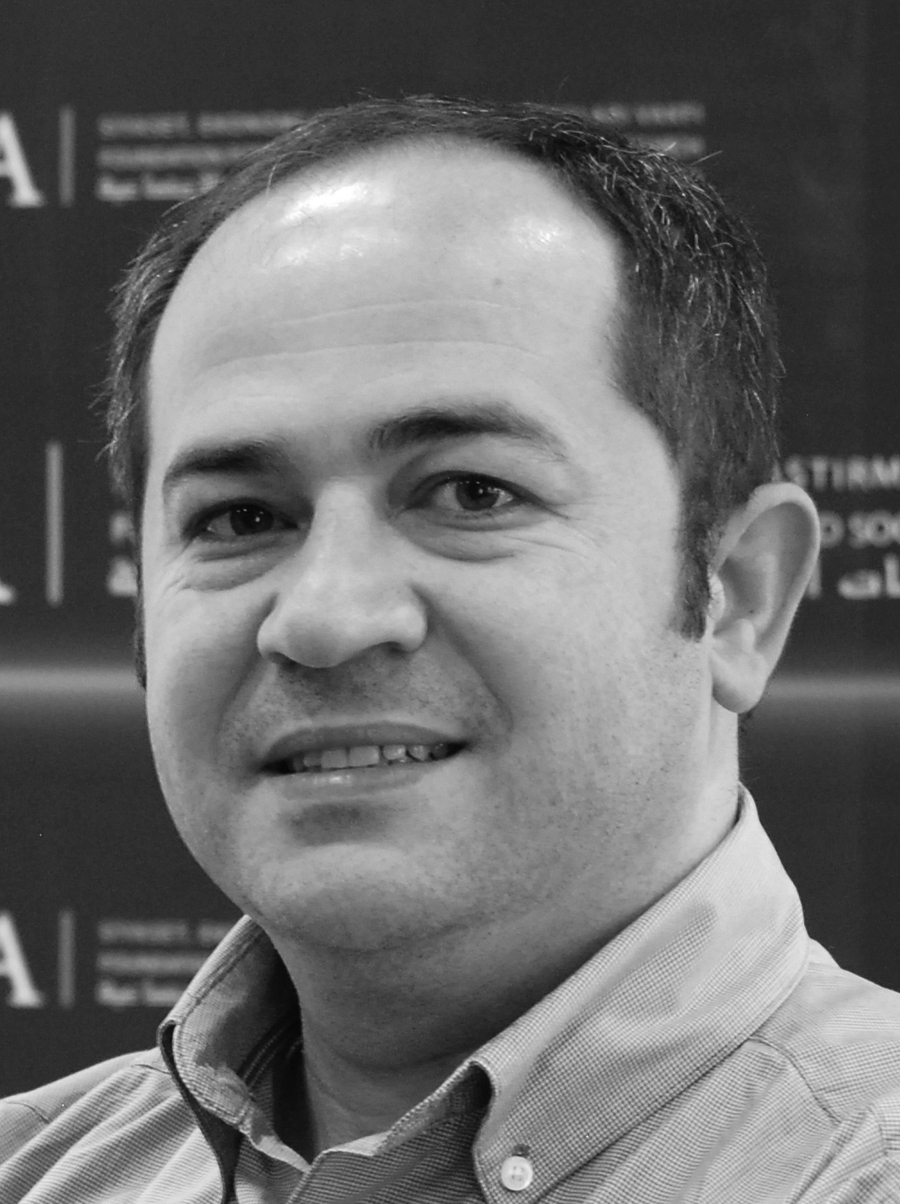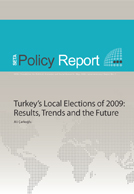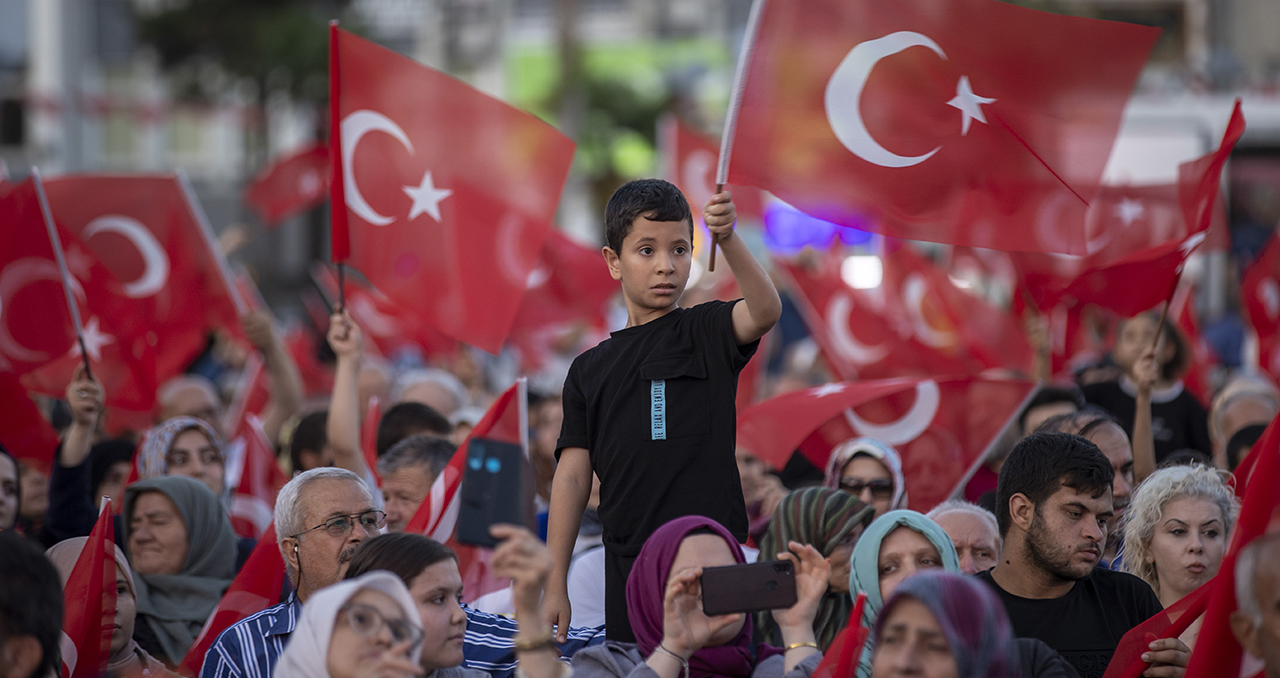Six months have passed since the president first made mention of “some good things” in March. Success of the process that started with this statement depended on two main elements.
Above all, this initiative should have been designed to include all actors party to the issue to make sure that the process would not be sabotaged, this was essential considering the risks and benefits involved in a probable solution. Efforts should have been expended to make sure that the state leads the entire process because a process of resolution that will move forward under the lead and control of the party in power would be detrimental to a political party's expected performance in the elections because of the risks and costs involved in such an action. An initiative that held by acquiring the views and consent of political parties, the state bureaucracy and diverse actors that are party to the issue would have assured the stability and success in the process as long as it attracted the support of the victims. The second step to follow would be to devise a road map or a comprehensive action plan that would entail a great consensus.
However, the public lost its interest in the initiative because none of these two requirements was met in the past five months. In such an environment, Kurdistan Workers' Party (PKK) leader Abdullah Öcalan announced that he would offer a road map in mid-August; this was perceived as an attempt to take the initiative. Öcalan's involvement in the process via this announcement raised discussions on who would be sitting on the other side of the chair discussing the issue.
The solution process, after stalling for five months, gained new momentum after a statement by the prime minister, who said he authorized the interior minister on the administration of the process, and a subsequent meeting led by the interior minister. It is not too late to invoke the dynamics and measures that should have been used so far in an attempt to keep the process alive. The closing gap between international dynamics, diverse public actors and the circles promoting the Kurdish cause is the greatest assurance of a probable solution in the near future. The political administration should use this opportunity to make sure that the process moves forward smoothly by including all the stakeholders that will extend help and support to the resolution of the problem. It is obvious that the parties and stakeholders will have the most difficult time in discussing who should be recognized as a legitimate negotiator. The emergent disagreement between the Democratic Society Party (DTP) and the Nationalist Movement Party (MHP), two major actors that have a lot to say about the issue in political terms, shows that the success of the ongoing process depends on the balance between these two extreme and diverse actors. The DTP argues that the problem will be resolved only if the actor they are pointing to is recognized as a legitimate party to the discussions whereas the MHP holds that this will simply be treason. It seems that neither of these parties is willing to agree on an interim solution that will refer to a political consensus in which all parties will join. This makes the procedure to be followed more important than the issue itself. Turks actual party to the issue Since the beginning, the public has made no distinction between the PKK and the Kurdish issue. The PKK is both a product and a part of the Kurdish problem. To this end, it should be noted that the issue existed before the PKK and that the PKK will continue to exist even after the resolution of the issue. Therefore, the fate of the PKK should be discussed with reference to its disarmament whereas the Kurdish issue requires a larger and more comprehensive framework. To this end, Öcalan's role should be determined more correctly. Öcalan's role should be considered as long as it relates to the PKK and the relationship between this organization and the Kurdish issue, and his role may be taken into a








